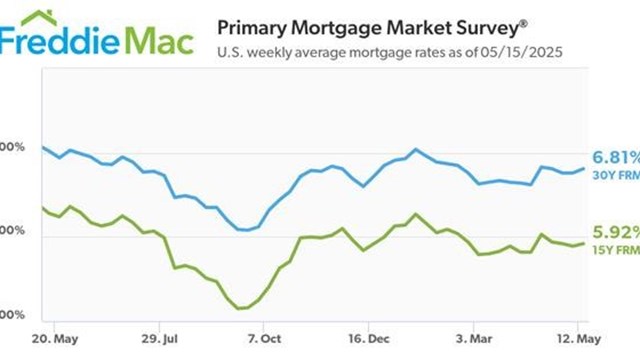Depending who you ask in the world of finance, cryptocurrency is either the future, or a passing fad. Either way, even still in its infancy, ‘crypto’ is attracting more and more investors—especially among younger millennials and Gen-Z internet natives—and its applications are expanding. As mentioned in the previous article in this series, that expansion even includes some inroads into the world of real estate. While cryptocurrency cannot be used directly to purchase real estate—it must be converted to cash or equivalents first—it is quickly becoming an instrument in the purchase process. Importantly, the conversion of funds held in crypto coin into cash and cash equivalents triggers a taxable event. But what might be the implications of that event?
A Taxable Event
“The sale of crypto currency is a taxable event,” says CPA John Jilleba, a partner with Jilleba and Libock, an accounting firm located in Westwood. “Section 1001 of the IRS code says when you buy or sell property, there is a determination of gain or loss. If you sell cryptocurrency for a loss, there’s no tax, but there is a gain if you sell it at a profit. That gain is subject to tax, either a short-term or long-term capital gain, depending on how long you have held the instrument.”
Furthermore, Jilleba explains, “There’s no effect on the tax liability relative to the contract or closing dates.” The value of a buyer’s crypto assets may be pegged on the contract date, but the gain or loss is realized on the date the cryptocurrency is converted to dollars and the sale actually occurs. You are liquidating crypto to buy real estate. You use after-tax cash for the purchase, so it establishes the basis. The tax is calculated based on date of sale, not date of contract. It’s in no way like a 1031 exchange —and it can’t ever be.”
Beware Your Tax Status
Another question for co-op corporations and condominium associations is whether they can accept crypto coin for payment of maintenance or common charges, or whether they can choose to invest reserve funds in cryptocurrency.
Steven Ebert, an attorney with Cassin & Cassin, and an expert on the use of cryptocurrency in real estate transactions, states categorically that a co-op or condo cannot accept payment of co-op maintenance fees or condominium common charges in cryptocurrency. “It’s too problematic,” he says. As for other uses, like holding cryptocurrency in reserve funds, Ebert explains in more depth:
“Section 216 of the IRS code deals with a qualified housing co-op,” he says. “It has a series of limits on what instruments can be used to hold reserve funds. Approved instruments are generally bank-type assets and qualifying stock from the National Co-op Bank. That’s it. Condos,” he notes, “are taxed differently, and might have a little more flexibility. The question for them is what do their governing documents permit? Generally, condominiums have restrictions similar to co-ops, so it’s unlikely they can hold cryptocurrency as an investment.
“The purpose of a condominium association or co-op corporation is to organize, manage, and run the community,” continues Ebert. “If the community doesn’t care about certain tax sections and rules and regulations that apply to it, the community can allow investing reserve funds in crypto investments. They might, or would, lose their rights under section 216 relative to certain tax-deductible expenses. This was the case some years ago under the 80/20 commercial income rule. Some buildings had so much potential to make real income from commercial space in the building that they walked away from the tax benefits that limited that commercial income. That law was changed some 15 years ago. The bigger question for a co-op or condo is whether they have the support of owners, and are willing to lose some benefits under the tax code.”
Ebert also points out that it might be more difficult for a co-op to make that choice than a condo. “By default, co-ops have more rules against them than condos. They want to qualify under section 216. Governing documents are the big control, and then there’s the tax code. They must also consider what risk there might be to board members. Is investing in crypto sound business judgment? Board members run the risk of going from managing the affairs of the community to being investment counselors for the community. This could also affect reserve requirements, and create issues with mortgagees holding the underlying permanent mortgage in the case of a co-op.”
In the final analysis, co-op and condo board members must always act with prudence with respect to the community. Crypto is not in that equation quite yet.
A J Sidransky is a staff writer/reporter for CooperatorNews, and a published novelist. He can be reached at alan@yrinc.com.










Leave a Comment